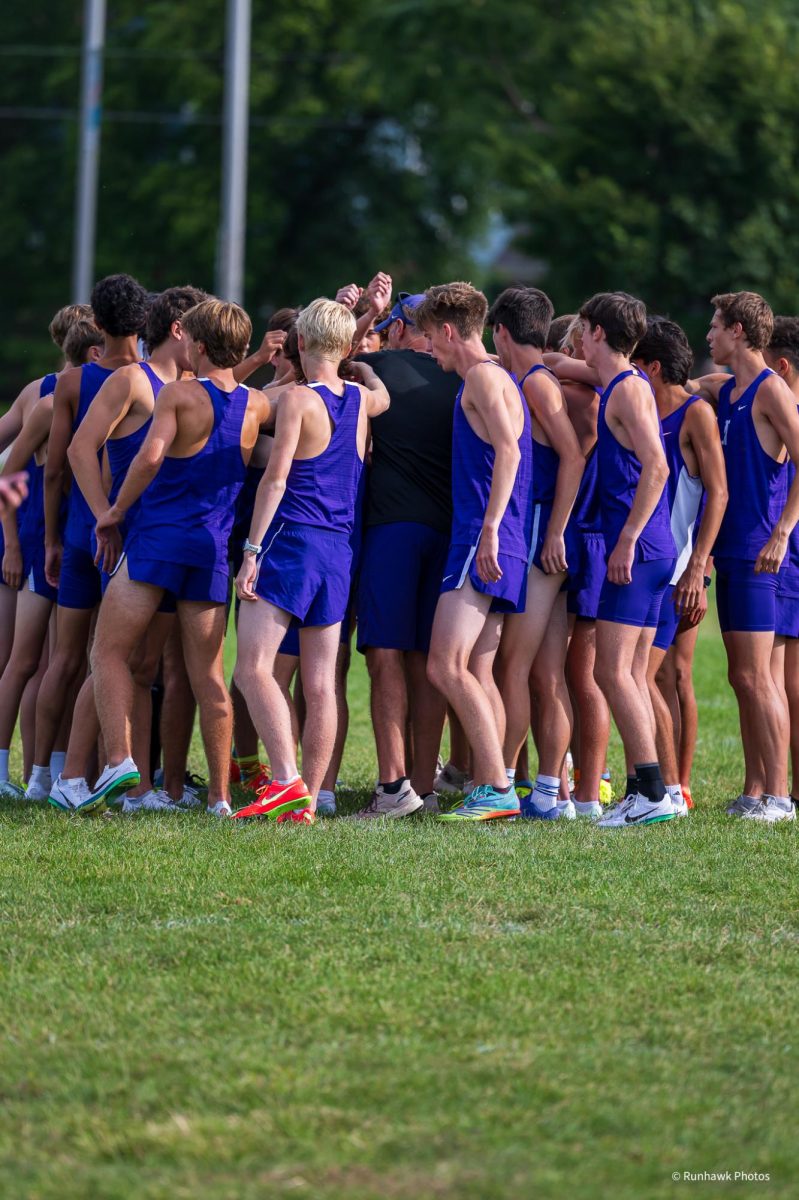While a clash between high school and club sports has always been present, a new opportunity is being proposed to athletes and is expected to have rippling effects on the entirety of the IHSA. This new bill will allow athletes to be on both their high school and club teams, putting strains on both the programs and the athletes. Head varsity baseball coach Kyle Briscoe has found that this bill is causing major concerns for coaches and families, especially in sports that have a strong club appeal.
“Overall it’s going to burden high school athletics. It will have major effects on baseball, volleyball, and soccer, where the club scene is already big,” Briscoe said. “It will pull the athletes in opposite directions and strain them to the point where it feels like you have to recruit people who are already students to get them to actually play for you.”
Senior Russell Oros expresses his concerns about this bill when talking about the differences between high school and travel baseball. He believes that an athlete should not have to balance learning from different coaches at the same time, as it can become a risk for the player and the game. Different coaches have different styles, which can cause confusion or conflicts for an athlete playing for both their high school and travel teams simultaneously.
“I don’t think it’s fair to have this bill because you aren’t fully committed to either team. The different coaching and environments can cause issues for the athlete during games. The potential disputes between what club and high school coaches say could hurt the player’s performance, and therefore hurt the team as well,” Oros said.
While Oros prefers high school sports for the community aspect, many athletes make their closest friends through their club teams. Some use this as a deciding factor for choosing to stay on a club or high school team. Senior Gia Shah has played club soccer for 11 years and high school soccer since her freshman year. She has committed the most
time and energy to club soccer and has gotten the most out of it. Playing club has helped her improve skills, confidence, and mindset both in and out of the game. She has also met many important people through club soccer.
“If given the choice between high school and club, I’d choose club soccer. Club season is longer than high school, and I feel like you connect better when you get a lot of playing time with each other,” Shah said.
Some club teams have worked around the high school season to allow athletes to play on both teams without any restrictions. If athletes are allowed to compete in both programs at once, there would be an increase in competition for the available playing time.
“With this bill, you’re polarizing the two instead of working together to create an environment where the athletes can showcase their talents at the high school level and get exposure that way,” varsity girls soccer coach Martin Manzke said. “There would no longer be a place for both options to coexist, and forcing that choice isn’t fair to the athletes.”
This will pressure athletes to not only choose a team, but also choose a college that will benefit their athletic career the most. Many club teams try to participate in more recruiting, but only focus on the athletic abilities of the team. Being on a collegiate team is more than being good at a sport, high school athletics provide an opportunity to see who the athlete is as a student and person.
“As a coach, I get questions from recruiters about academics and how they are in the hallway and those are not always things that a travel coach or a travel program can answer,” Briscoe said. “Those are characteristics that a travel team wouldn’t know. I see my athletes throughout the school day and get to know them for who they are as people on a deeper level.”
Plenty of athletes focus on their future in a sport when choosing between club and high school teams. The pressure to play in college is more prevalent in club sports, which may influence athletes when given the opportunity to play both high school and club. High school sports still provide the resources to play collegiately, but don’t place as much emphasis on scouting and recruitment as club or travel programs do.
“You’re going to have club coaches that tell the kids they won’t get college scholarships if they play high school soccer because there’s no exposure. While that’s not necessarily the case, many at











